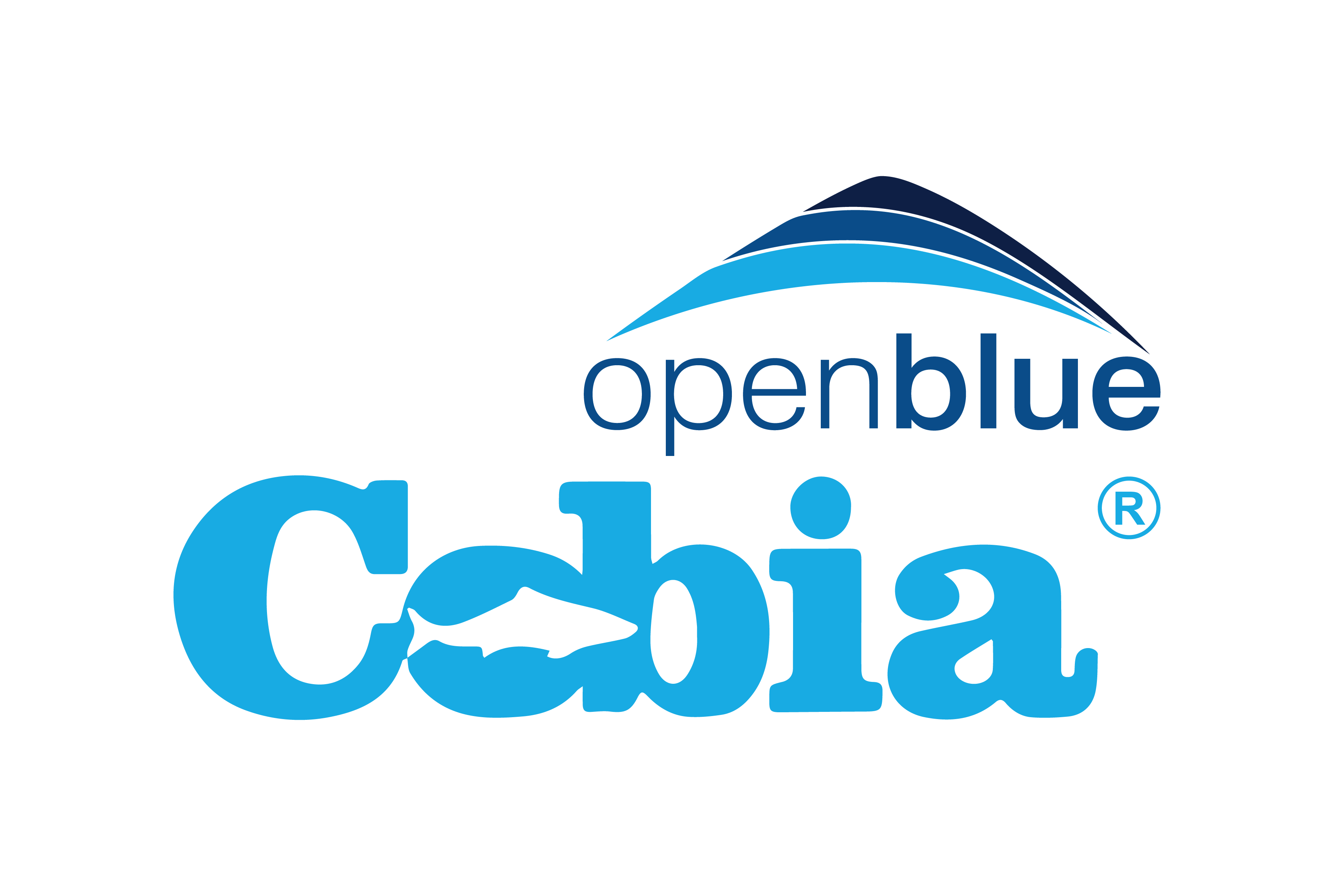
What Is "Ocean First," and How Will It Feed the Planet in the Future?

Food production around the globe has been estimated to produce over 17.3 billion metric tonnes of carbon dioxide per year. This makes food one of the largest contributors to climate change, with an impact 20 times bigger than that of the global aviation industry. As the planet's population continues to grow, humans will consume more food in the next 50 years than we have in the entire history of our species.
Jacques Cousteau said, “We must plant the sea and herd its animals using the sea as farmers instead of hunters. That is what civilization is all about - farming replacing hunting.”
This calls for new ways of production to provide enough food for future generations—and also do it sustainably. One such promising method is Open Blue's ocean-first approach.
What is the ocean-first approach?
The ocean-first approach is an innovative new method of aquafarming that focuses on long-term sustainability. This approach uses deep-water aquaculture facilities with semipermeable walls to contain the fish while allowing seawater to pass through. The fish inside the farm consume smaller fish, plankton, and other sources of nutrition from seawater. This method can give the fish being farmed an environment indistinguishable from their natural habitat.

How the ocean-first approach can feed the planet sustainably
Fish farming already produces far lower emissions than beef and pork for the same amount of food produced. The ocean-first approach may make fish farming more sustainable than any food production method. This is because a significant part of the carbon footprint from fish farms results from feed production. The ocean-first approach doesn't use feed; the fish being farmed consume food available in seawater.
This method is also safe for the ecosystem. The farmed fish are contained in semipermeable cages, which minimizes any impact the fish may have on the ecology of the sea. A six-year study measured the nutrient content of seawater columns upstream and downstream of deepwater aquaculture facilities. The study found no significant difference in nutrient content. This shows that the ocean-first approach has a minimal, if any, nutrient footprint.
The same approach that makes our cobia sustainable also makes it more naturally nutritious and plays a role in its buttery, mild flavor. As the leading wild-caught cobia fish supplier in the US, we're proudly the face of this innovation. Our online ordering of cobia for home delivery allows customers all over the world to enjoy nutrition-dense, sustainable fish no matter where they live.

